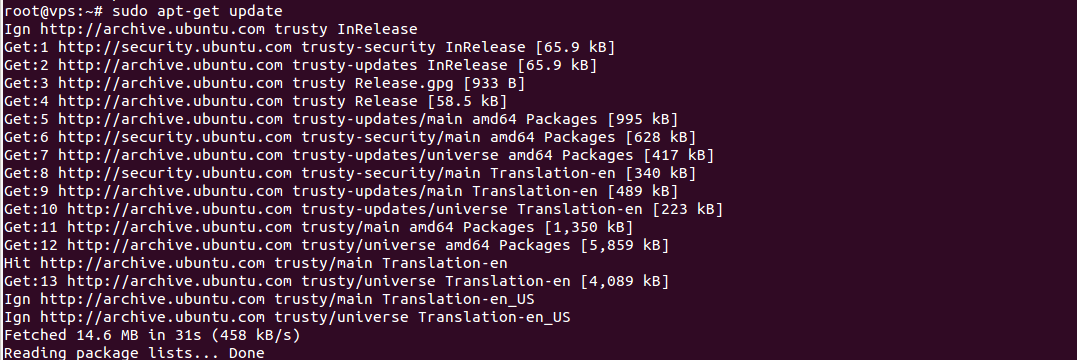

Install Node.js LTS version curl -fsSL | sudo -E bash -ĭo not forget to replace xx.x with the Node.js version you want to install. It is strongly advised to develop your app in the LTS version for production because it will receive all security and maintenance updates for an extended period. When writing this article, 16.13.0 is the latest LTS (Long-term Support) version of Node.js, and 17.1.0 is the latest release of Node.js.įor newcomers, 17.1.0 is a good place to start because it contains all of the most recent features released by the developers. How to Install Node.js in Ubuntu and Debian? NPM also has a large and active community that maintains a vast repository of packages that can be easily installed and used in Node.js applications. It comes bundled with Node.js, so installing it separately is unnecessary.

NPM (Node Package Manager) is a package manager for Node.js that allows developers to easily manage and install third-party packages, modules, and dependencies. This is useful because different applications or projects may require different versions of Node.js. With NVM, developers can easily switch between different versions of Node.js without having to uninstall and reinstall each time. NVM (Node Version Manager) is a command-line tool that allows developers to manage multiple Node.js versions on a single machine. It also has a large and active community that provides a vast range of modules, libraries, and frameworks that can be easily integrated into Node.js applications. One of the benefits of using Node.js is its event-driven, non-blocking I/O model, which makes it well-suited for building real-time applications such as chat applications, games, and streaming services.


 0 kommentar(er)
0 kommentar(er)
